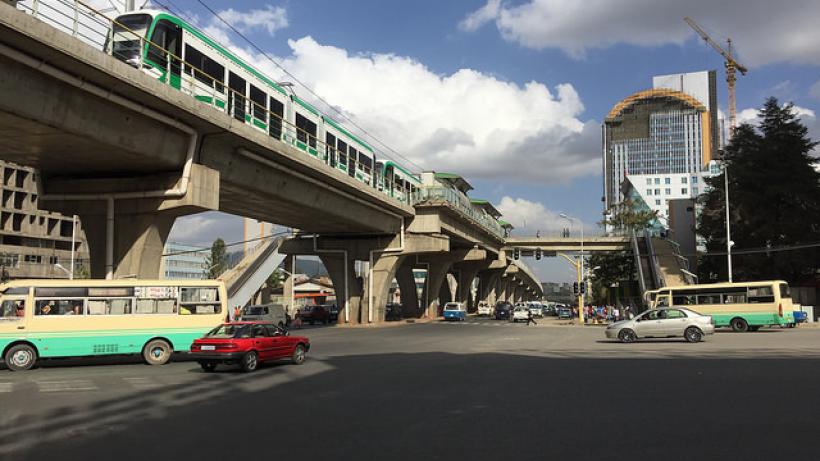
FDI can catalyse job creation and industrialisation in Africa
The IGC launches its newest Growth Brief: Harnessing Foreign Direct Investment for job creation and industrialisation in Africa.
During the last decade and a half, African economies grew at nearly double the rate of the 1990s. The rapid pace of growth spurred the Africa Rising narrative. However, the recent commodity cycle slow-down has led to increasing questions about the validity of the assertion. The slowdown has revealed a key weakness – stagnating growth in the manufacturing sectors across African economies. Even though African productivity levels increased during this time, they did so without the accompanying deep structural changes that would have shifted labour forces from low to high productivity jobs. At the same time, when most developing countries’ shares of global manufactured exports have more than doubled, average export volumes among African countries have stagnated in the single digits.
In order to stimulate further economic growth and create job opportunities in a climate that differs significantly from the past 15 years, African economies need to increase production and competitiveness of high value-added sectors. This is where Foreign Direct Investment (FDI) could come to play a crucial and catalysing role. With growing importance of global value chains and trade in “tasks” (intermediate goods and services), the opportunities for FDI in Africa may be larger than ever before.
Increasing FDI can enable Africa to raise productivity and expand value-added activities. By offering a long-term investment coupled with controlling ownership, FDI can facilitate the transfer of capability (technology and management know-how), and grant access to regional and global value chains (Prasad et al, 2005). Beyond providing capital inflow and direct job opportunities, FDI can also generate productivity gains for the individual firm as well as other firms in the same sector, through horizontal spillovers, or along the supply chain, vertical spillovers. In the long run, this can create more decent jobs and a shift in the structural composition of the economy towards increasing value-added activities. Recent studies show that it is this mechanism that underpins the long-term impact of FDI on growth and development (Farole and Winkler, 2014).
Making it easier and more attractive for foreign firms to invest in African manufacturing and attract higher-value added services should therefore be a priority for governments and international donors. Today the IGC launches the sixth Growth Brief in our series exploring the opportunities and constraints to harnessing FDI for jobs creation in Africa. In doing so, we recommend areas which need to be addressed in order to fully exploit these opportunities; namely the quality of institutions, infrastructure, and policy-distorting price incentives. Lastly, the brief discusses the need to eliminate constraints to FDI with policies that foster FDI spillovers and backward linkages that can support structural transformation and sustainable growth.
References
Farole, T., & Winkler, D. (Eds.). (2014). Making foreign direct investment work for Sub-Saharan Africa: local spillovers and competitiveness in global value chains. World Bank, Washington, DC.
Prasad, E., Rogoff, K., Wei, S. J., & Kose, M. A. (2005). Effects of financial globalization on developing countries: some empirical evidence (pp. 201–228). Palgrave Macmillan UK.

